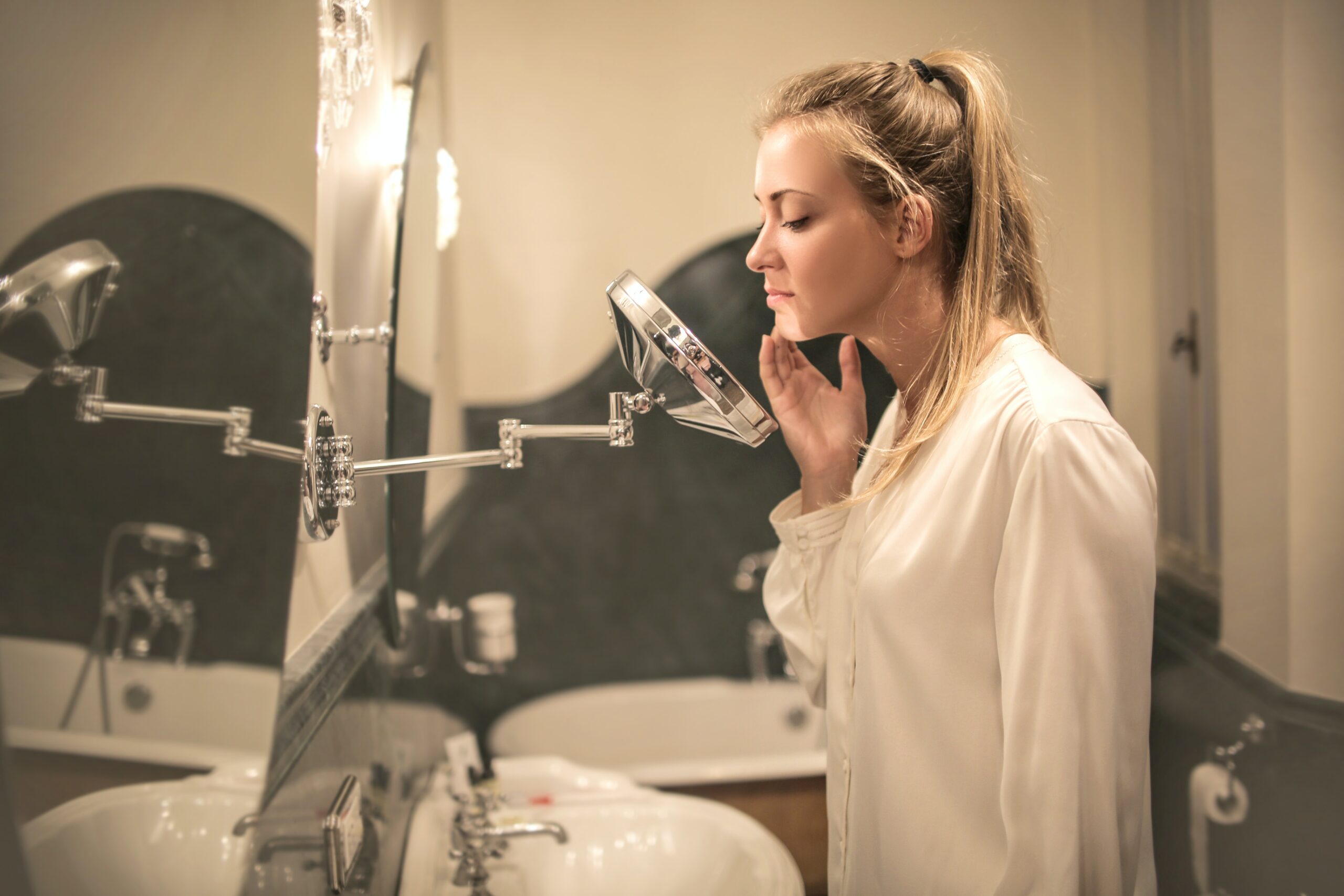Whats causing your acne?
Acne vulgaris is a disease that affects the skin’s oil glands. The small holes in your skin (pores) connect to oil glands under the skin. These glands make an oily substance called sebum. The pores connect to the glands by a canal called a follicle. Inside the follicles, oil carries dead skin cells to the surface of the skin. A thin hair also grows through the follicle and out to the skin. When the follicle of a skin gland clogs up, a pimple grows.
Pimple prone skin and breakouts can be hard to control and often limited relief is seen with topical treatments alone. Unfortunately medical treatments are also limited and not ideal long term strategies. The oral contraceptive pill is often prescribed to women with hormonal acne which can have many long term side effects such as increased risk of some cancers, clotting disorders and hormonal problems once the pill is stopped. Daily antibiotics are another common medical treatment which can have huge ramifications on long term microbial balance and gut health. The last resort is roaccutane, a drug that has been linked to depression and causes a huge drying effect on the skin to the point of having flaky and dry lips, eyes and hands.
The key to successfully controlling acne is to determine what is causing it in the first. For some this can be obvious (such as a poor diet or hormonal acne) while for others there may be a combination of contributing factors. The following list documents some of the most common causes of acne from a Naturopathic perspective:
- Acne on the chin and jaw line is often hormonally driven; particularly in females however can be present in these areas in males as well. Acne that gets worse premenstrually or at ovulation will also have a hormonal influence.
- Acne on the chest and back is thought to be due to generalized toxicity. This is often seen with a poor diet. This may include a diet high in sugars, processed foods or junk foods. This type of acne can be addressed by undertaking a simple detoxification program to clean out the body and lymphatic system.
- If present on the cheeks, this is often due to a sluggish digestive system or colon toxicity. These patients often have a history of digestive issues and may suffer from constipation, gas or bloating. This acne can be reduced by improving digestive function, regulating the bowels and following a high fibre diet.
- High sugar diet or high glycaemic index diet can cause acne by increasing circulation levels of insulin. This then causes an imbalance in androgen levels, which triggers an increase in sebum production under the skin. The best way of dealing with acne is balancing blood sugar levels and reducing circulating insulin. This is particularly prevalent in women with PCOS. A low sugar diet has been well researched to improve acne and is one of the best ways to control breakouts in the long term.
- A high dairy diet has also been linked to acne. Dairy products are acidic and inflammatory and many of my patients have been able to control their breakouts by reducing dairy intake.
- An infection with the bacteria Propionibacterium on the skin will also make any current acne or breakouts worse. This can be controlled by improving the immune response using either nutritional or herbal medicines. Topical application of tea tree oil diluted with some warm water also helps to keep this bacteria at bay. Start by applying each night before bed and after washing your face.
- A Zinc deficiency can lead to poor skin health and acne. Zinc is essential for skin healing as well as immune regulation. Supplementing with zinc helps to ensure scarring does not take place as the skin improves.
- A Vitamin A deficiency can also contribute to acne. Vitamin A supplementation helps to reduce sebum production under the skin and therefore goes a long way to improve skin health.
- Poor liver function can contribute as our liver is our major detoxification organ responsible for flushing toxins out of the body. If your liver is sluggish, toxins and waste products are not effectively cleared from the body and need to escape somewhere- this is often through the skin. A healthy liver makes a huge difference for health skin.
Look out for my next article on tips to improve your skin health!


0 Comments